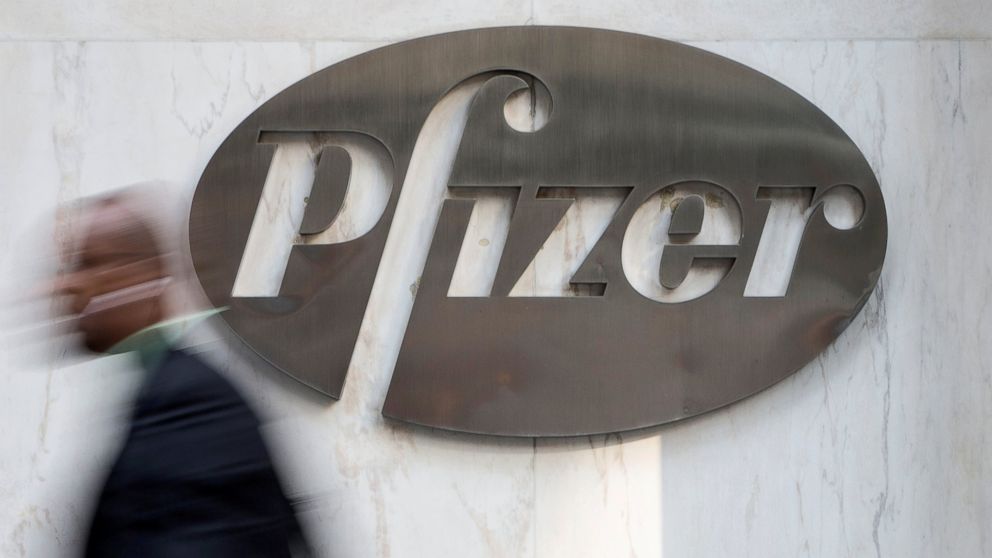Pharmaceutical Giant Pfizer Blocks Sale of Its Drugs for Lethal Injection
Pfizer is the last FDA-approved maker of drugs used in capital punishment.

— -- Pharmaceutical giant Pfizer announced today that it has imposed limits on the distribution of seven products typically used to create lethal injections for capital punishment.
In a statement, Pfizer said its mission is to "apply science and our global resources to improve health and well-being at every stage of life" and that it "strongly objects" to the use of its products for capital punishment.
The initiative by New York-based Pfizer, the second-largest global manufacturer of drugs and last FDA-approved maker of execution drugs, is considered a milestone in the pharmaceutical industry, said Maya Foa, a director at Reprieve, an international human rights organization.
In the pharmaceutical industry, “there has always been an opposition to the use of medicines in lethal injections,” Foa told ABC News today.
"They want their medicines to be life-saving,” she added.
Now, it will be nearly impossible for states to get the medicines they need for lethal injections, Foa said. Over the past five years, other pharmaceutical companies have developed similar strategies to prevent the risks of their medicines being misused, she added.
"The reason that we’re seeing so much movement in so many companies in recent years is because states can’t get them," Foa said.
Pfizer said it will limit the sale of propofol, pancuronium bromide, midazolam, hydromorphone, rocuronium bromide, vecuronium bromide and potassium chloride to a select group of wholesalers, distributors and direct buyers under the condition that they will not resell them to correctional institutions for the use of lethal injection.
The company described the seven drugs as "medically necessary" and said they are administered thousands of times a day by licensed medical professionals.
"Pfizer offers these products because they save or improve lives, and markets them solely for use as indicated in the product labeling," it said.
Pfizer said it will consistently monitor the distribution of the drugs and modify policies when necessary upon findings that reveal noncompliance.




